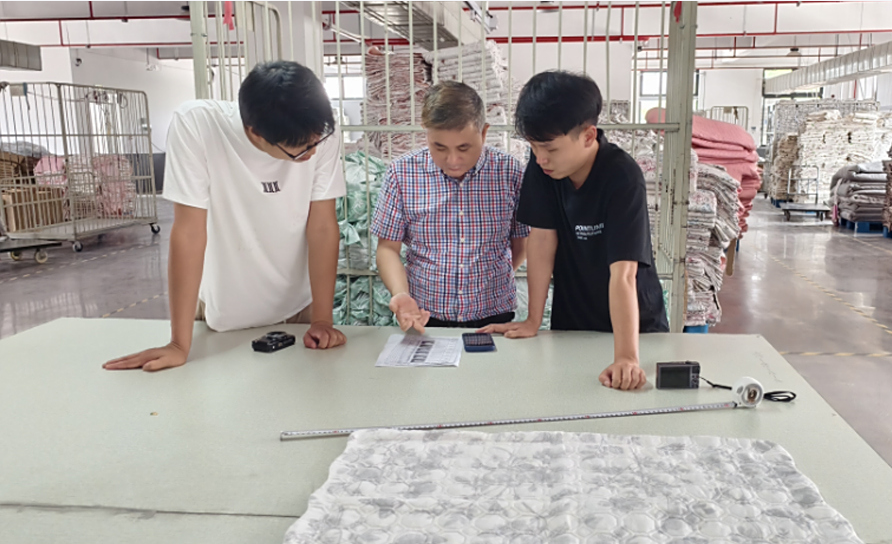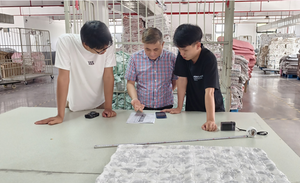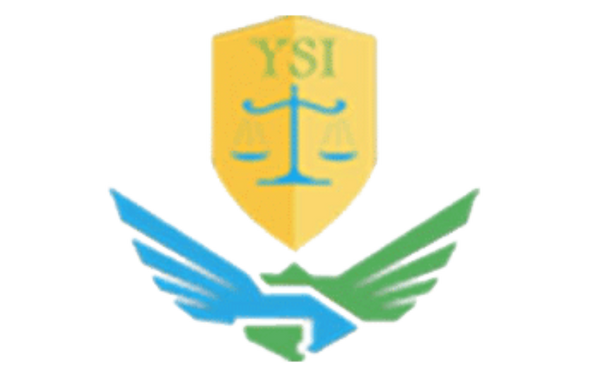
How to inspect goods in Pakistan, Pakistani textile and clothing inspection company
Key points for inspection in Pakistan (focusing on textiles and clothing)
1. Necessity of inspection
-
Quality risk : Pakistan’s textile industry accounts for 57% of exports (making it the sixth largest exporter in the world), but the quality management levels of factories vary widely.
-
Recall prevention : Third-party inspection can reduce recall losses due to quality issues.
-
Supply chain security : covering core export categories such as textiles, clothing, and leather products.
2. Geographical and trade advantages
-
Hub status : A trade corridor connecting South Asia, Central Asia and the Middle East, radiating to the surrounding market of over 1.5 billion people.
-
Cost competitiveness :
-
The cotton quality is second in the world, and the price is 20-25% lower than that of China/India;
-
The labor force is low-cost but skilled (textiles provide 40% of jobs).
-
3. Key points of inspection
| category | Specific content |
|---|---|
| textile | Fabric composition, color fastness, weight, defects (holes/stains/skipped stitches), dimensional tolerance (±3%), and label compliance. |
| clothing | Seam strength, accessory safety (small parts), print adhesion, care label accuracy, and environmentally friendly dye testing. |
| leather products | Leather uniformity, stitch strength, metal accessories corrosion resistance, and chemical residues (azo dyes/hexavalent chromium) are compliant. |
| Packaging and transportation | Carton compression test (ISTA), shipping mark accuracy, humidity control (≤12% to prevent mildew). |
Overview of Pakistan's Industry and Economy
1. Economic structure
-
The three major industries account for 19% of the total: primary industry (agriculture), secondary industry (manufacturing) 19% and tertiary industry (service industry) 62%.
-
Pillar industries :
-
Textile industry : There are more than 400 enterprises nationwide, 60% of which are concentrated in Punjab Province (such as Lahore) and 30% in Sindh Province (such as Karachi).
-
Leather industry : 720+ companies, represented by Hafeez Shafi.
-
Agriculture : Mainly cotton, wheat and rice, with cotton supporting the textile export chain.
-
2. Foreign trade
-
Major trading partners :
-
Largest importer : China (electrical machinery/machinery equipment/chemicals);
-
Largest exporter : United States (textiles/apparel).
-
-
Export commodities : textiles, cotton, leather, sporting goods, carpets.
-
Policy dividends : EU GSP+ duty-free treatment (before 2024), textiles exported to Europe enjoy zero tariffs.
Service Focus of Third-Party Inspection Companies
-
Full process coverage :
-
Three-stage inspection: pre-production (material review), in-production (DUPRO), and pre-shipment (PSI).
-
-
Compliance Verification :
-
Comply with target market regulations such as EU REACH (chemical safety) and US CPSC (children's product safety).
-
-
Localization advantages :
-
Familiar with Pakistan’s industrial distribution (factory clusters in Punjab and Sindh) and efficiently coordinate inspections.
-
Case warning : In 2023, the EU recalled several batches of children's clothing produced in Pakistan (due to the risk of suffocation caused by long drawstrings), highlighting the necessity of product inspection.
Recommended Actions
-
Choosing an inspection company : give priority to agencies with offices in Punjab (Lahore) and Sindh (Karachi).
-
Key inspection times : when raw materials enter the warehouse (check cotton grade), when the bulk goods are 80% completed (check process consistency), and before loading into the container (check packaging compliance).
-
Risk avoidance : For leather products, additional heavy metal and azo dye test reports are required.
Through professional inspection, we can fully utilize Pakistan’s cost advantages and EU tax exemption treatment , while avoiding quality risks and ensuring the stability of the supply chain.
Share this product

How to inspect goods in Pakistan, Pakistani textile and clothing inspe
Pakistan is the sixth-largest textile exporter, with textiles and apparel accounting for approximately 57% of the country's total exports. Ceku provides professional third-party inspection services in Pakistan, including textile, apparel, and leather product inspections. This service meets traders' inspection needs, ensures supply chain quality, and mitigates losses caused by recalls due to quality issues.
